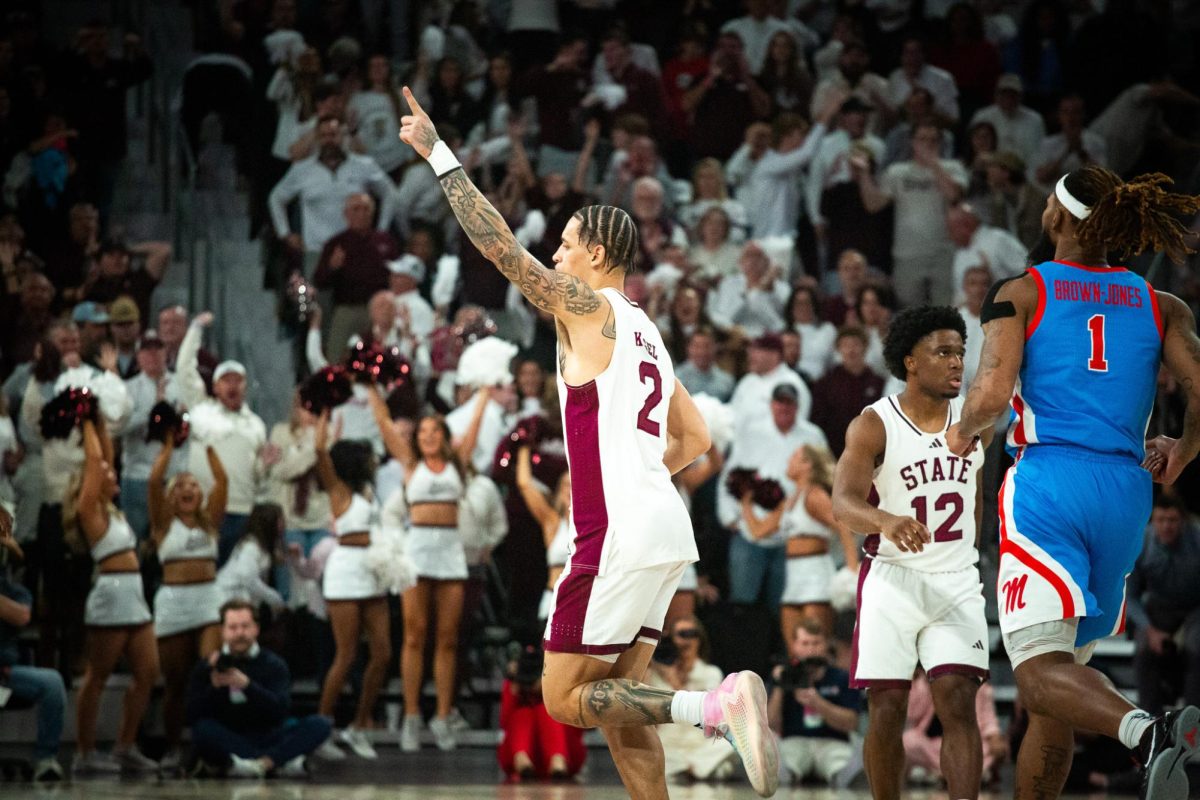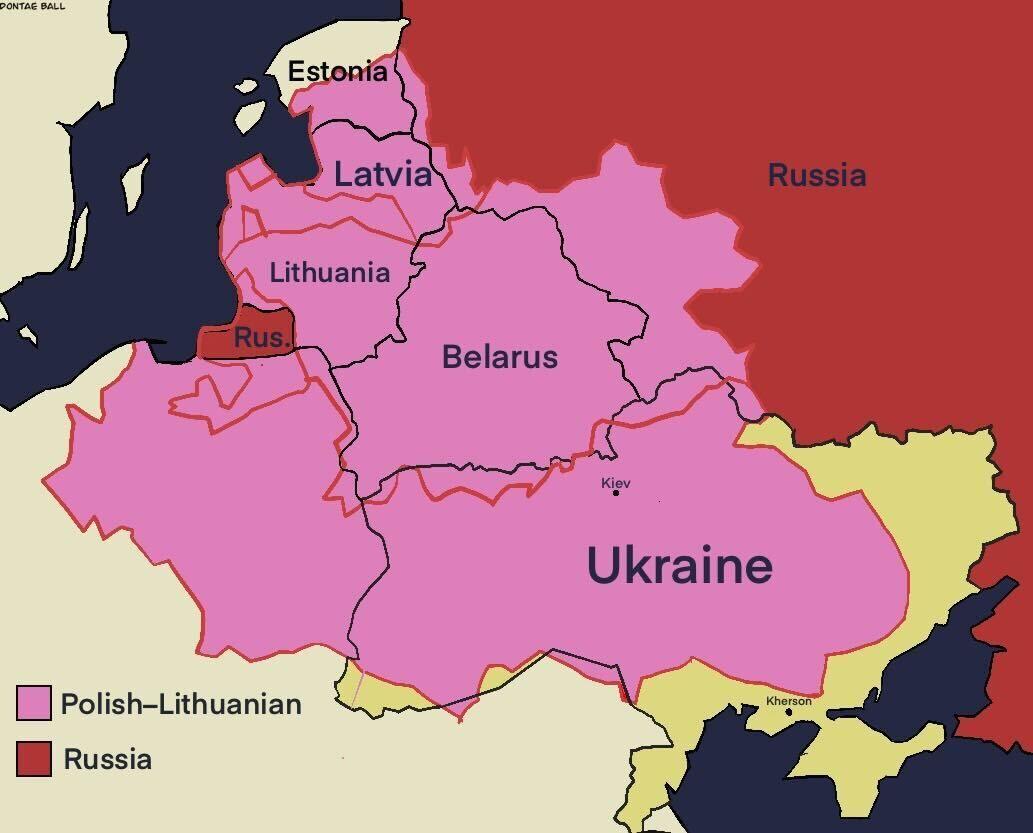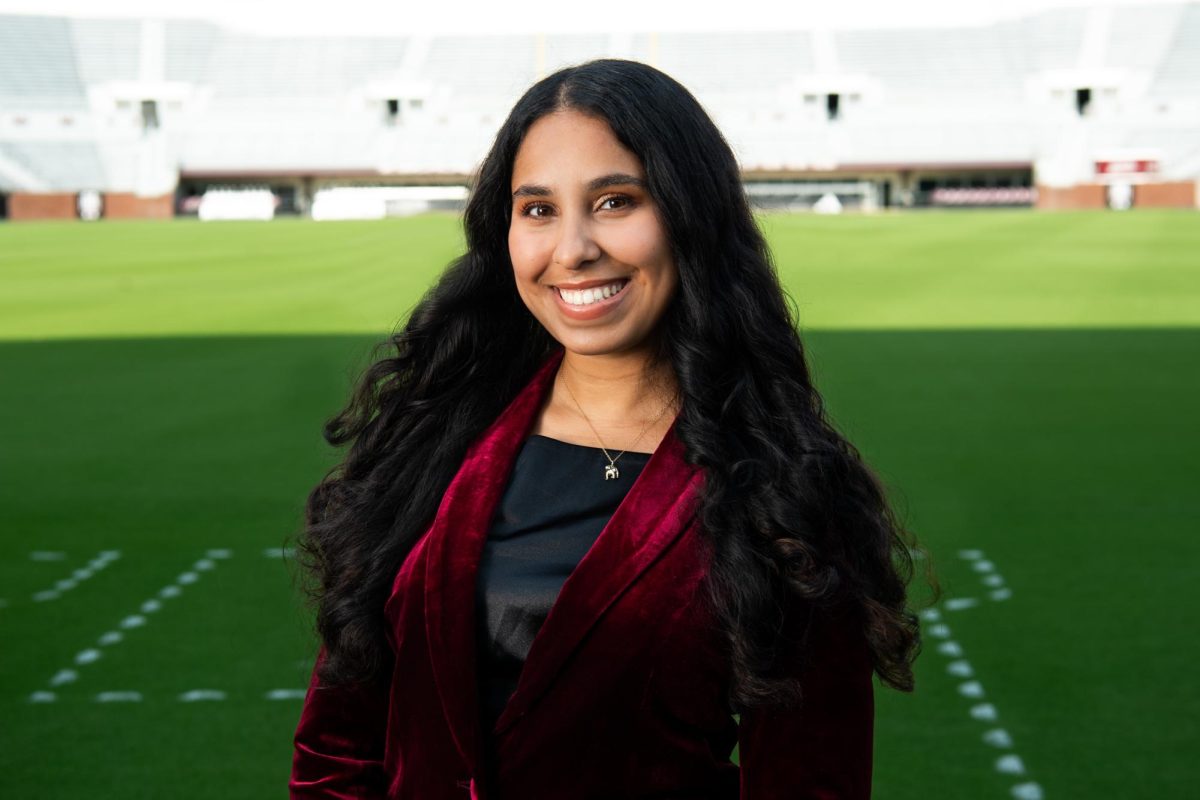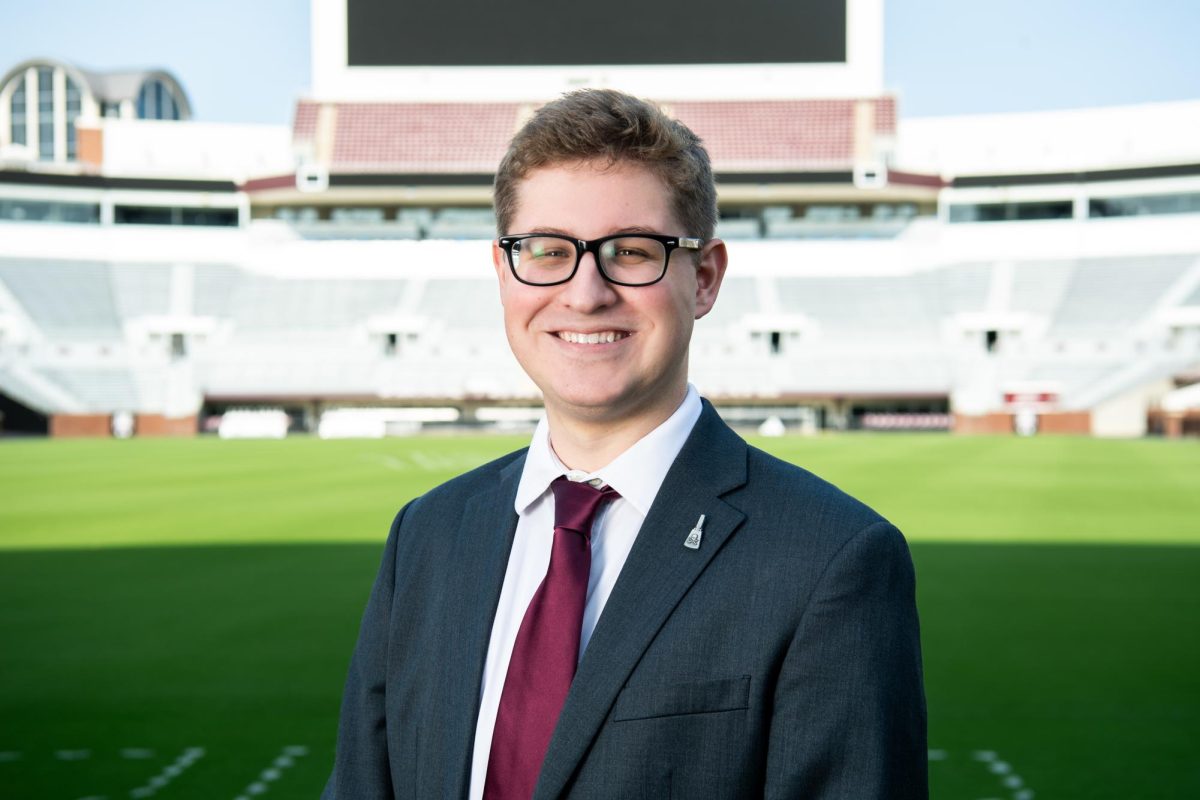On March 29, Stephen Brain, associate professor of history at Mississippi State University, hosted a discussion on the history between Ukraine and Russia to explain the motives behind the Ukrainian invasion.
Brain, who has a specialization in Russian history, felt his objective in the talk was to explain Vladimir Putin’s decision to invade Ukraine.
“He has given two reasons: one based on current politics, and one based upon history,” Brain said.
According to Brain, Putin’s political reason involves Russia attempting to liberate Ukraine from fascism.
However, Brain did not find validity in this argument because of Ukrainian President Volodymyr Zelensky’s Jewish ethnicity and his family’s grievances from the Holocaust.
“The second reason for invading Ukraine is the assertion that Ukraine is not a real independent country with its own historical past but properly that it’s part of Russia, and it should be reunited with Russia as soon as possible,” Brain said.
Brain said Putin had half of a point because of Russia and Ukraine’s intertwined histories.
“The word Ukraine itself means ‘on the border,’ as in ‘on the border of Russia,'” Brain added.
Brain continued his speech by discussing the history shared by the two nations which began when the nation of Russia was created.
Brain highlighted the importance of the Ukrainian capital, Kiev, as it was the first capital of Russia.
Brain expanded his presentation by showing how Russia’s religious foundations were founded on Ukrainian soil.
“Kherson is the first place where a Russian ruler adopted Christianity,” Brain said.
However, Brain explained the disconnect that occurred between Russia and Kiev once Russia began cooperating with the Mongols.
“Kiev left the Russian sphere of influence for about 400 years after consequent to the Mongol invasion,” Brain said. “When 400 years had passed, Kiev had been absorbed into the neighboring kingdom of Polis-Lithuania.”
Brain said Ukrainian territory again was seized by the Russian empire in the 16th century, and it was connected to the nation until the fall of the Soviet Union in 1991.
Brain explained why Ukrainian citizens have been resistant to Russian forces regardless of their past connections.
“Russian political control and especially Soviet political control was often very harsh and centralized. The invasion has apparently convinced them or reminded them that Ukrainian independence would be preferable,” Brain said.
Julia Osman, director of the Institute for the Humanities, said she hoped students know everything has a historical context.
“In order for them to understand what’s going on there, they really need to understand the history behind it,” Osman said.
Osman said Brain’s talk provided an expert summary on the history of the two nations because he both explained and challenged Putin’s motives.
“He’s also able to show what might be behind Ukraine’s really fervent push against the Russian invasion. I think he outlines historical context of that relationship very well and helps us all kind of understand where this is coming from,” Osman said.
Osman said she hoped the event would also showcase the other expertise programs and resources made available by the Institute for the Humanities.
“If you look on our webpage, or if you just scroll on our Facebook page, you’ll see a lot of videos where experts weigh in on all kinds of things that are going on,” Osman said.
Katie Hester, a Mississippi School of Mathematics and Science (MSMS) history teacher, attended the event with nine of her students.
As an MSU alumni, Hester found the event from Osman and decided it would be beneficial for her curious students.
“I knew from talking to students that they were asking a lot of questions about current events going on in Eastern Europe and Ukraine. I knew there would be an interest in among the student body,” Hester said.
Hester said Brain’s discussion gave her students of a new perspective of the conflict.
“I think it did a lot to give them a more in depth, historical perspective on why these things are happening and the origins of some of these conflicts and ideas. I think they really benefited from it,” Hester said.
For more information on Brain’s discussion, visit the recorded livestream on the Institute for Humanities’ Facebook page.
MSU professor presents the history of Ukraine and Russia
About the Contributor
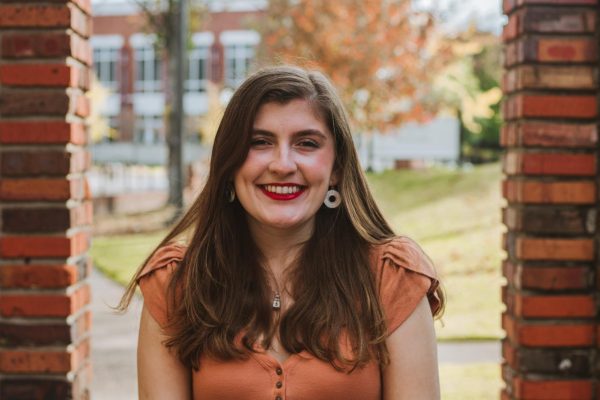
Payton Brown, Former News Editor
Payton Brown served as the News Editor from 2022 to 2023.
0
More to Discover













































